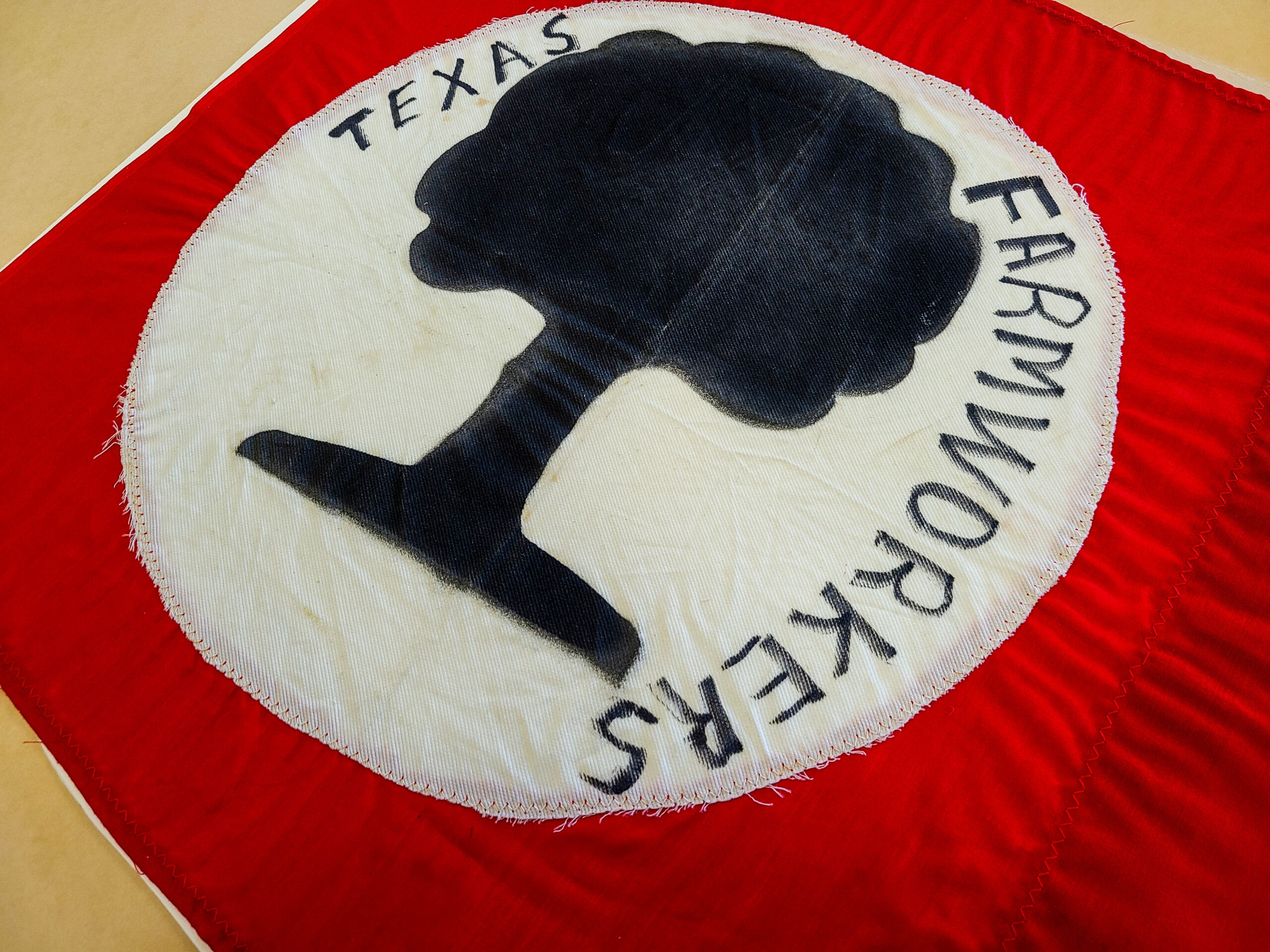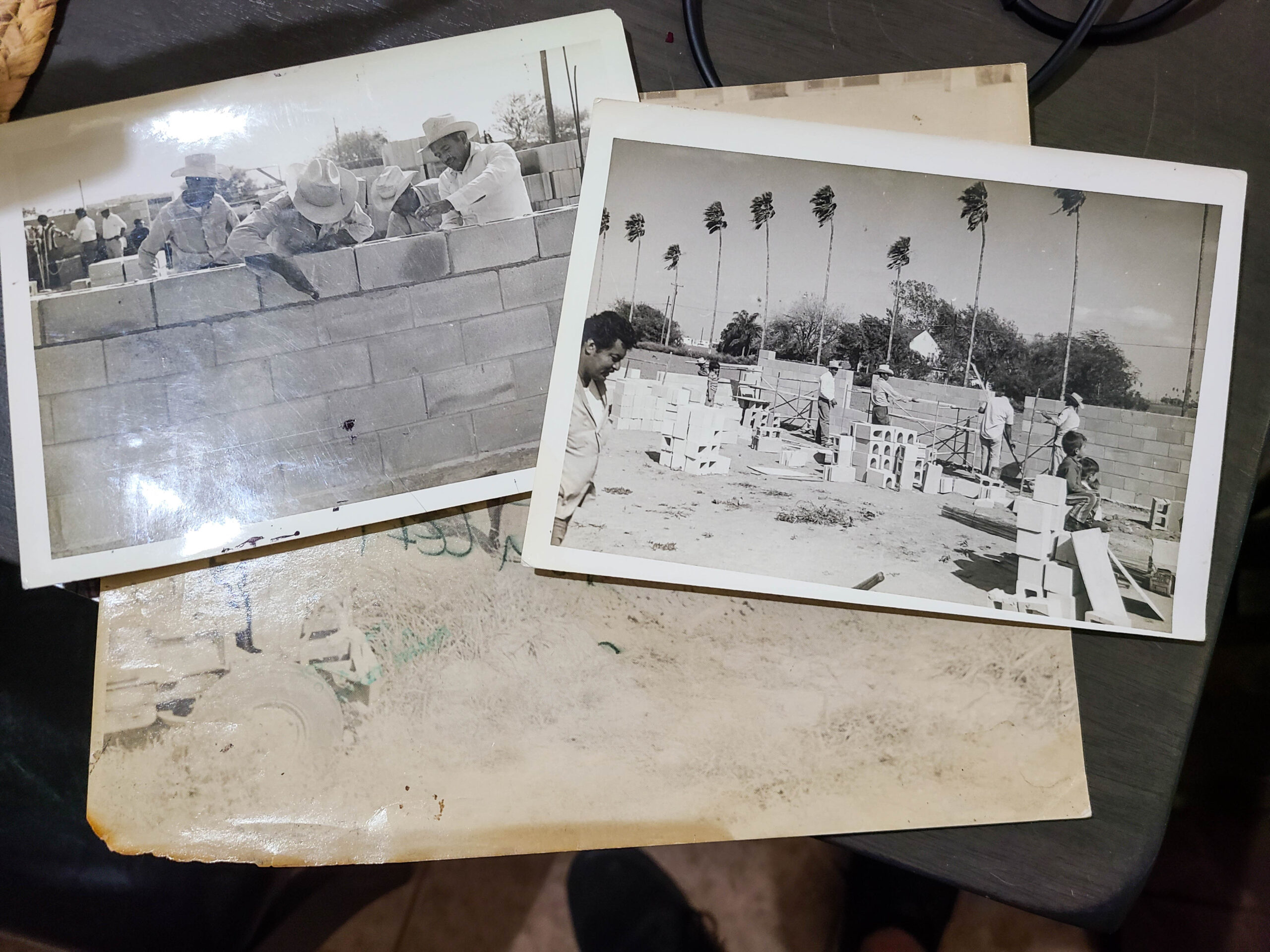This is part 3 in a series looking at the history of the Texas Farm Workers Union. Check out the rest of the series here.
Alejandro Rosel, like the children of many farmworkers, grew up with his siblings in the fields.
His father, Hipolito Rosel, was a bricklayer in their hometown of Progreso, Texas. But the allure of the money that could be made from farmwork in the Midwest took the family to Lansing, Michigan, one summer when Alejandro was 4.
”At that time, there was no such thing as, you know, care for the children,” Alejandro tells me. “So children were out there in the fields working or playing around.”
Their father hauled cucumbers, and Alejandro and his older sister, Manuela, often enjoyed riding in the back of his truck after he unloaded the vegetables.
It was a harmless game, until one day.
“So that particular day, my dad didn’t announce that he was going to move it,” he explains.
Alejandro and his sister raced to catch up to the truck and hop on. But when Manuela jumped onto the side, the tire caught her hip, running over her.
His eyes stare ahead as he speaks, his voice softening as his memories return to a painful moment.
“I saw all of that. And I remember just freezing there. I couldn’t move,” he said. “And so we transported her to the hospital. And, you know, I remember clearly how she kept yelling, ‘Mom, áma, áma…’
And when they took her inside, they shut the doors and I didn’t hear her anymore. And I knew she was gone. And she died. And we never went back.”























